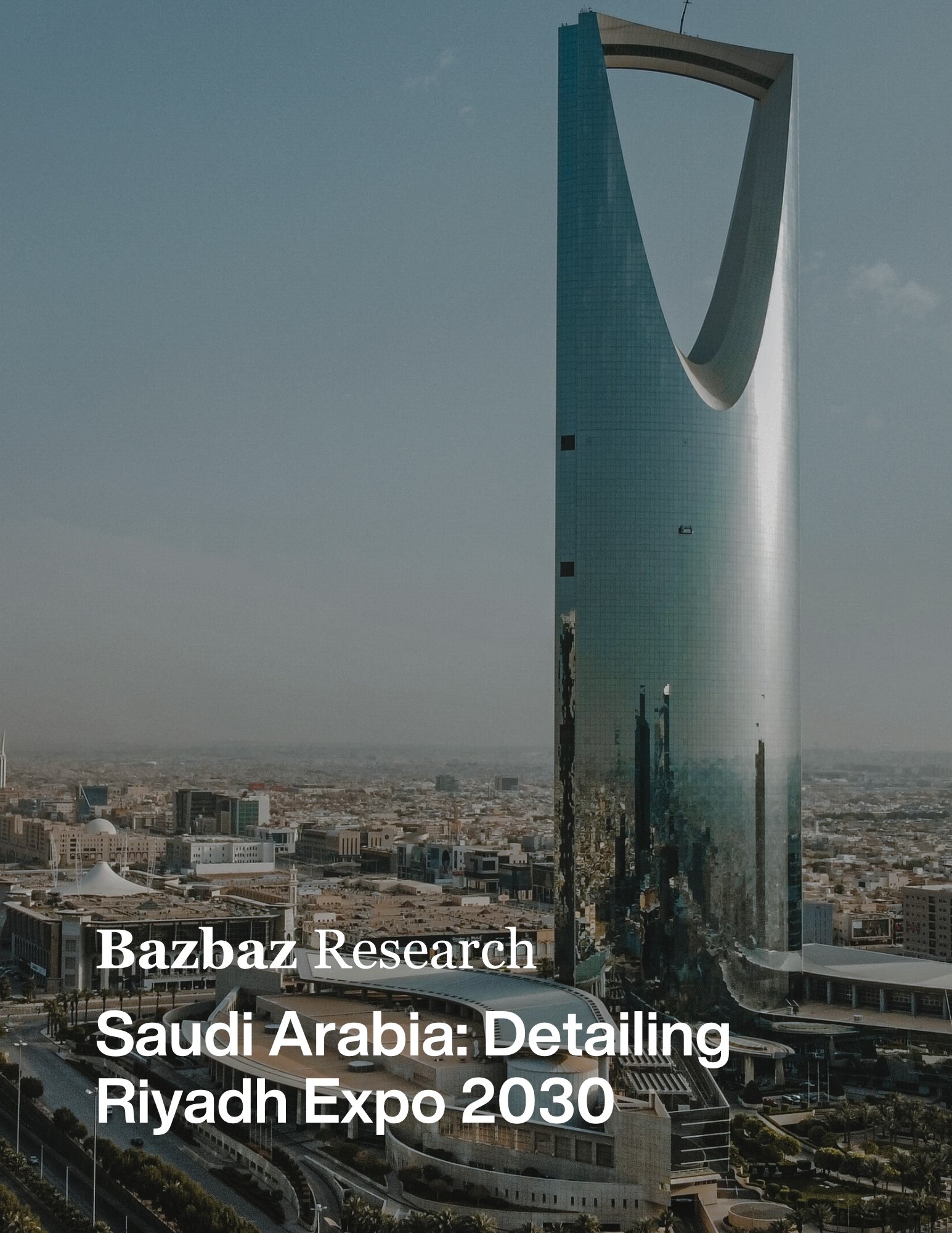Saudi Arabia: Detailing Riyadh Expo 2030
Saudi Arabia: Detailing Riyadh Expo 2030
The upcoming Riyadh Expo 2030, running from October 1, 2030, to March 31, 2031, is poised to be a landmark event in the Kingdom’s economic and cultural journey. Set to attract millions, the Expo is a platform for showcasing Saudi Arabia’s emerging role as a hub for innovation, trade, and tourism. The event reflects the nation’s broader ambitions underpinned by economic diversification and modernization efforts.
Vision Unveiled
How did Riyadh win the bid to host the Expo 2030? Their proposal to stakeholders centered around the theme ‘The Era of Change: Leading the Planet to a Foresighted Tomorrow”, which emphasized innovation, sustainability, and advanced solutions to modern-day problems. This aligned with the selection committee and was a perfect extension to the existing Vision 2030, winning them the hosting rights.
Event Pillars
A Different Tomorrow
This sub-theme highlights that the future must be science and technology-focused to improve the world’s resilience and enhance living standards. By investing in collective advancement, the global community can become better connected, improve quality of life, and meet basic human needs.
Climate Action
The second pillar urges all players to protect our planet from long-term environmental hazards and challenges in the face of climate change that is impacting communities worldwide. It involves scaling sustainable solutions, preserving ecosystems, and providing sustainable clean energy to power our interconnected world.
Prosperity for All
The third pillar aims to tackle inequality and inclusivity across different levels of wealth and living standards. Involving everyone in decision-making, creating opportunity, and prioritizing equality ensures humanity can prosper and grow together.
Event Features
Accessibility
The event is highly accessible, given that 50% of the world’s population is within a 5-hour flight. In addition, attendees can attend the venue by taking a 10-minute metro ride from the airport after getting their Expo Visa seamlessly. Additionally, the environment will be designed with humans in mind, prioritizing pedestrian access, discovery, and comfort.
Scale
The Expo site spans 6.6 km2, hosting 197 countries and 29 international organizations. It will have a budget of $7.8 billion, dedicate $343 million to assist 100 countries with participation, and aim to attract 40 million site visitors and 1 billion metaverse visitors.
Sustainability
Riyadh will host the first carbon-negative Expo. The city will also respect the environment, developing the site around a wadi (valley) to maintain and develop the existing natural space.
Economic Impact
In line with the nation’s economic diversification agenda, the biggest beneficiary industries will include construction and finance during the preparation phase. During the event, hospitality, aviation, and transportation will benefit the most due to the large number of visitors.
The nation will see significant economic growth through higher spending on infrastructure, small and medium enterprises, and services. This is in line with the Kingdom’s goal of $3.3 trillion in investments by the end of the decade. Global companies will also continue to set up shop, with over 25,000 already operating, hiring 12 million staff from over 100 countries.
The Kingdom will see an acceleration in the progress towards its National Tourism Strategy, launched in 2019. The goal is for tourism to contribute 10% to GDP by 2030. This was exceeded seven years early in 2023 at 11.5%, prompting the government to set a new target. To manage this expected increase in tourists, the nation will build 315,000 additional hotel rooms by 2030 to accommodate visitors.
Policy Recommendations
Issue Expo Impact Bonds
Sukuk are financial certificates that provide investors with payments like bonds while adhering to Islamic law. Instead of lending money for interest, which is prohibited in Islam, sukuk holders own a portion of an asset and earn returns based on profits generated by that asset.
Expo 2030 organizers should issue sukuk linked to green projects, such as sustainable infrastructure or eco-friendly transportation. Investors would be entitled to a share of the profits generated by these projects, such as revenue from renewable energy, transportation fees, or other Expo-related activities.
This will attract a global investor base regionally and globally as sukuk gain popularity. It will also showcase the Kingdom’s leadership in ethical construction and Islamic finance.
Start a Gulf Heritage Alliance
With Saudi Arabia being the focus, the Expo should introduce a Heritage Alliance with members of the Gulf Cooperation Council (GCC). The Expo will serve as a platform for joint exhibitions, shared spaces, and cultural preservation efforts to showcase the region’s rich history.
Overall, this will strengthen regional ties and promote tourism within the Gulf region. This initiative can be part of a longer-term regional strategy for tourism and cultural collaboration.
Create a Sustainability Challenge
To incentivize innovation and the attainment of environmental goals, organizers should introduce a competition in which participants propose sustainability initiatives. These could include carbon reduction technologies, recycling, and urban farming.
The challenge should be open to participants worldwide, encouraging individuals, startups, corporations, academic institutions, and governments to submit proposals. Prizes can range from monetary compensation to being showcased front and center at the Expo.
By positioning it as a truly global competition, Expo 2030 could attract the best ideas from every corner of the world. It can also leave a legacy and improve the Kingdom’s reputation through its dedication to caring for the planet.
Ensure Inclusive Visitor Experiences
Finally, to ensure that all other initiatives succeed, Saudi Arabia should ensure the event is welcoming to all, regardless of ability, culture, language, or economic status. Keys to this are prioritizing accessibility, cultural sensitivity, and affordability, which will broaden the target audience and attract more visitors.
In conclusion, ensuring the success of Riyadh Expo 2030 requires a holistic approach that emphasizes accessibility, sustainability, and inclusivity. Implementing innovative strategies will not only attract millions of visitors but also leave a lasting global impact.

